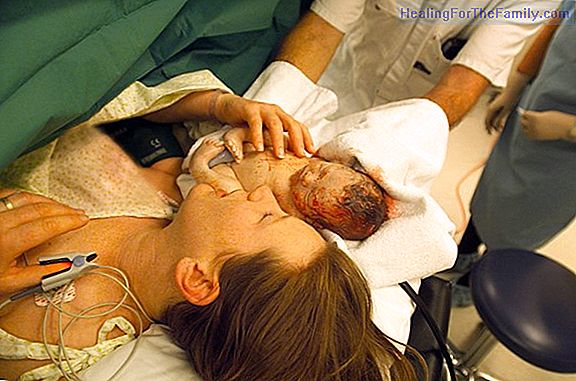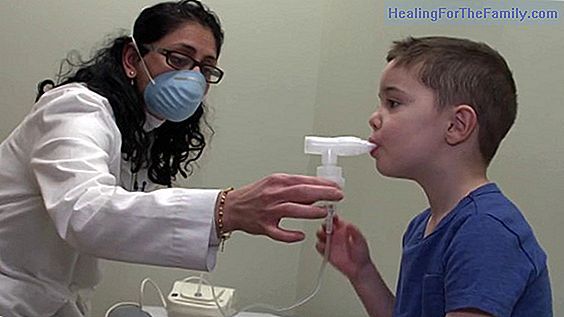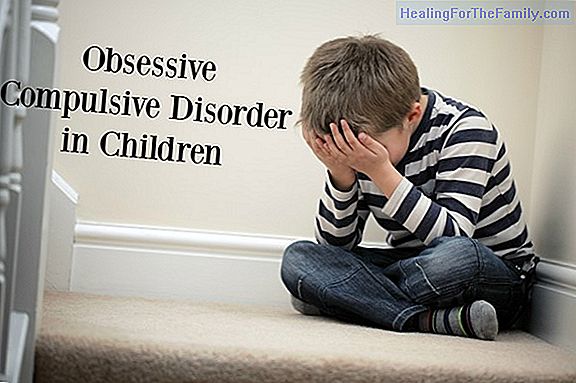Hyperémesis gravidarum or dehydration due to nausea in pregnancy
A large number of pregnant women experience vomiting and nausea, something very common especially during the first trimester of pregnancy. The rapid rise in the levels of the hormone HCG is usually the cause of these discomforts. If these symptoms were extreme, we would be talking about hyperemesis
A large number of pregnant women experience vomiting and nausea, something very common especially during the first trimester of pregnancy. The rapid rise in the levels of the hormone HCG is usually the cause of these discomforts.
If these symptoms were extreme, we would be talking about hyperemesis gravidarum la or dehydration due to nausea during pregnancy. It extends beyond the first trimester andcan become very serious for both the mother and the baby may trigger a premature delivery. 10 symptoms of hyperemesis gravidarum or dehydration due to nausea in pregnancy
Hyperemesis gravidarum occurs when nausea is so constant that it can lead to dehydration in the pregnant woman, among other symptoms, these are:

1-
Dehydration : it is the loss or lack of fluid in the body that prevents it from functioning properly.2-
Weight loss : in pregnancy a weight loss for no apparent reason is a reason to consult the obstetrician.3-
Dizziness and weakness : Dizziness is another discomfort in pregnancy, but if they are frequent and constant, it can be a symptom of hyperemesis gravidarum.4-
Intense headaches : migraines also usually occur during pregnancy, if these are persistent, it is advisable to consult.5-
Intense and persistent nausea : Nausea is accompanied by severe vomiting and can lead to dehydration during pregnancy.6-
Constipation: a very uncomfortable discomfort for the pregnant woman. 7-
I metabolic and electrolyte imbalance. 8- Decreased urinary frequency
: a consequence of dehydration is the lack of urination. 9-Palpitations
. 10-Disgusting at food
and rejection of certain foods. Treatment for hyperemesis gravidarum or dehydration in pregnancy Specialists can administer medications to control vomiting and nausea. Before dehydration it is necessary that the future mother receives
fluids and nutrients intravenously.
If the patient does not manage to be adequately nourished, she can receive the nutrients she needs through a route and combat dehydration with bed rest.
Experts recommend that the pregnant woman who suffers from these disorders eat and drink when she feels well in small but frequent amounts.












